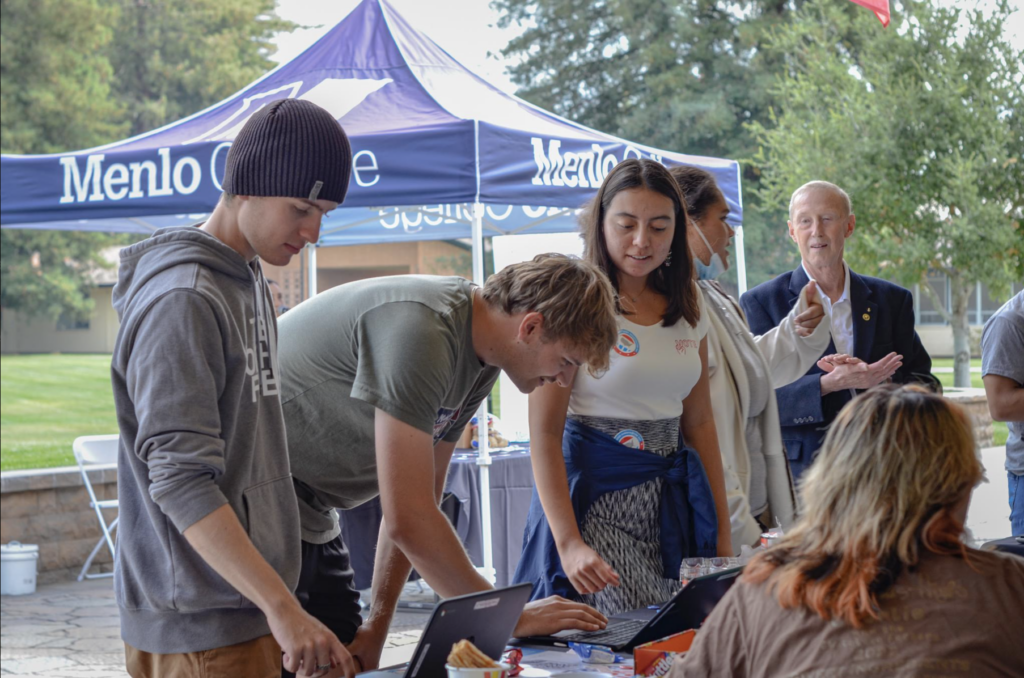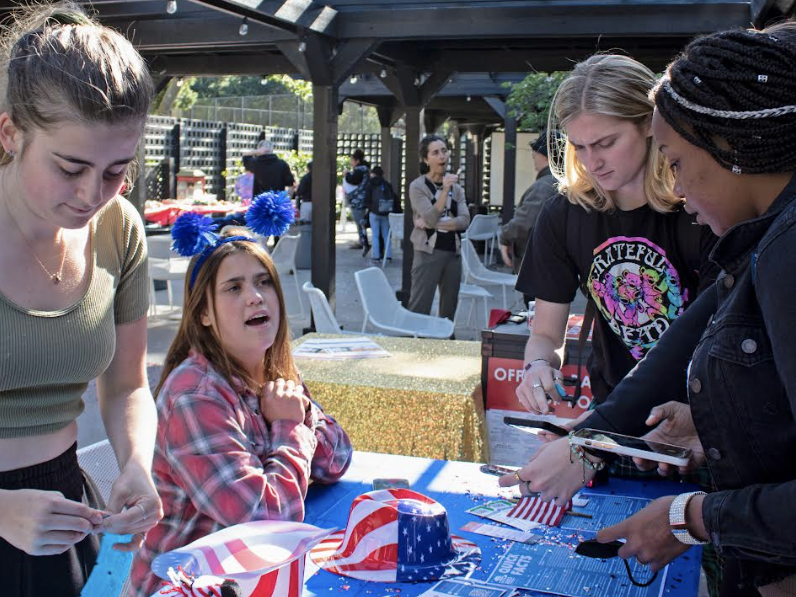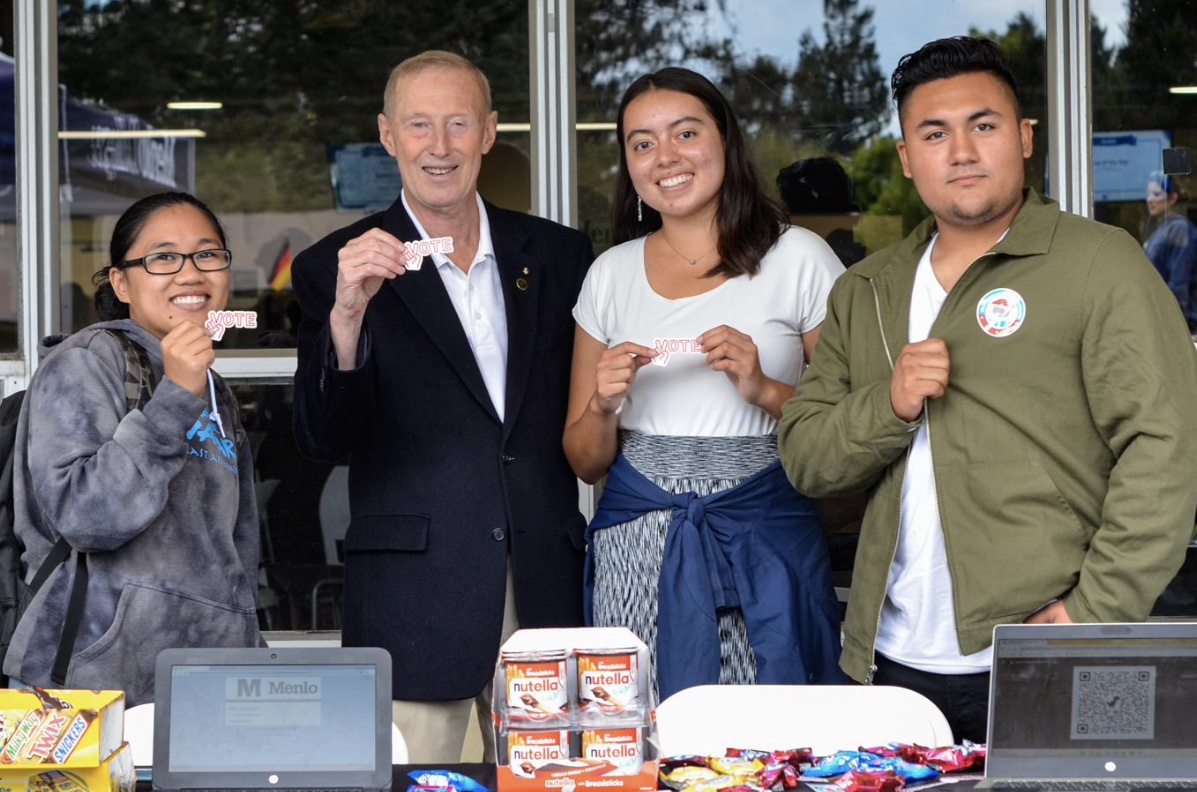“Why should I vote? I don’t even care about politics.” Do these statements ring true?

Before graduating high school, I believed that “my vote doesn’t matter” and “who cares about candidates.” Although I held several leadership positions in high school, I never looked outside my school bubble to invest my time and attention in local and federal elections. I did NOT care about politics.
Now, I have spent over four years working on political campaigns and studying the roles and responsibilities of the state government. Educating myself about governance and the operation of power has exposed me to the brutal fact of our current reality – everything is political!
The financial status of Pell Grant and Cal Grant recipients depends on elected officials’ decisions to keep and expand these state and federal financial aid programs for college students. Our constitutional right to use contraceptives depends on voters passing California’s Proposition 1. Our voices and concerns as residents depend on the Supreme Court supporting the power of states’ independent redistricting commissions in creating fair and equitable district lines.

Back to the question posed earlier, does my voice actually matter? Answer: OUR voices matter. While one vote may not create a drastic impact, collecting the support of families, campuses, and organizations to advocate for a collective issue will inevitably capture the attention of elected officials.
So how do we obtain the political participation of a large audience? I have been fortunate enough to receive the support of Dr. Melissa R. Michelson, Dean of Arts & Sciences and Professor of Political Science at Menlo College, to start the Menlo College Civic Engagement Coalition. A team of five student leaders, including co-leaders Angielyn Dela Cruz and myself, are working to increase nonpartisan civic learning, voter registration, and political participation in our Menlo community. However, we are redefining traditional Get-Out-the-Vote tactics. We are approaching elections with celebratory community-centered efforts by hosting election parties given students’ preference for fun and festive events.
On September 21, a day after National Voter Registration Day, our Coalition hosted a celebratory event outside the dining hall, giving away candy, ice cream, raffle prizes, and stickers for anyone who shared their registration information. We welcomed all students, including international ineligible students, to join this lively and festive event. At the start, we noticed that students came up to our booths independently before they called over their peers, team members, and partners to fill out our forms for free goodies. Our event organized by five student leaders quickly became a campus-wide celebration.
In total, 79% of the eligible student participants pledged to vote in the upcoming 2022 midterm elections. This connects to the notion of “linked fate,” where individuals identified under one group act in favor and alliance with their affiliated group. In the case of our students, our shared identity as members of the Menlo Community brought us together to participate in this civic engagement event as a community. At the end of the day, this event did not celebrate any particular candidate or election, instead, students celebrated this broader idea of coming together as a community.

As the co-leader of the Menlo Civic Engagement Coalition, I have discovered the need to shift the narrative of voting away from a regimented and dull process to a narrative that centers voting as a celebration of community.
Our team agrees that this festive event was a success because our peers enjoy communal and empowering activities. We believe that organizing further celebratory community-based efforts will help campuses increase voter registration and political engagement among their students.
